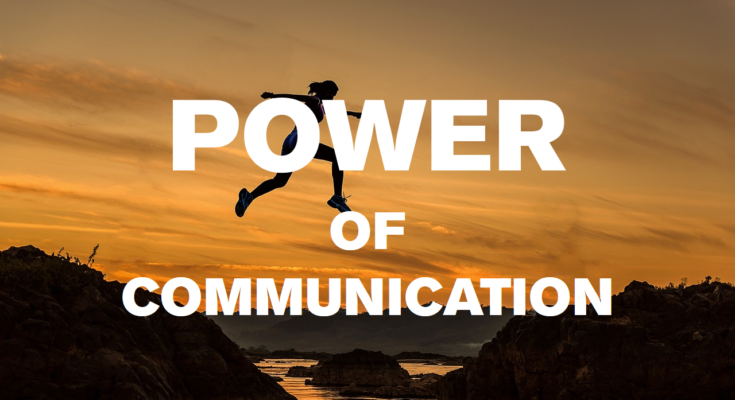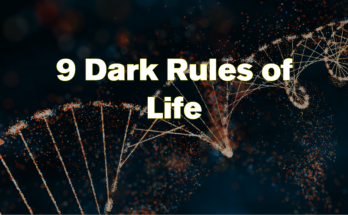As per a study, 90% of fights happen not because of what was said, but how it was said. Tone is much more impactful than words.
In another research, 85% of success relies on personality and communication skills, not just technical knowledge.
Effective communication solves even tough problems—are you using yours effectively?
Remember, content, tone, and body language matter.
Introduction
Effective communication is a cornerstone of personal and professional success. While words convey information, it’s often the tone and delivery that leave a lasting impact. Studies reveal that 90% of conflicts arise not from the content of what’s said, but from how it’s expressed. Moreover, 85% of success is attributed to personality and communication skills, overshadowing technical knowledge. This underscores the profound influence of tone, body language, and interpersonal skills in our daily interactions.
The Power of Tone in Communication
Albert Mehrabian’s research highlights that in conveying feelings and attitudes, words account for a mere 7% of the message, while tone of voice contributes 38%, and facial expressions 55%. This “7%-38%-55% Rule” emphasizes that how we say something often matters more than the words themselves. For instance, a simple phrase like “I don’t have a problem with you” can be interpreted differently based on the speaker’s tone and facial expressions.
Communication Skills and Professional Success
The significance of communication extends beyond personal interactions; it’s pivotal in the professional realm as well. Research indicates that 85% of one’s success is attributed to personality and communication skills, with only 15% relying on technical knowledge. This statistic underscores the importance of soft skills in career advancement.
Modern Challenges in Communication
In today’s digital age, the nuances of tone and body language can be lost in text-based communications, leading to misunderstandings. Moreover, the rise of AI tools that adjust the tone of written content raises concerns about the authenticity and richness of human communication. Linguists caution that while such technology aims to assist, it may also flatten the depth of our interactions.
Enhancing Your Communication Skills
To harness the power of effective communication:
- Be Mindful of Tone: Ensure your vocal tone aligns with your message to avoid misunderstandings.
- Develop Active Listening: Engage fully with the speaker, showing empathy and understanding.
- Refine Non-Verbal Cues: Be aware of your body language, facial expressions, and gestures.
- Seek Feedback: Regularly ask for input on your communication style to identify areas for improvement.
- Invest in Soft Skills: Participate in workshops or mentorship programs to enhance your interpersonal abilities.
Conclusion
Mastering the art of communication involves more than just choosing the right words. It’s about aligning your tone, body language, and message to convey authenticity and empathy. By focusing on these elements, you can enhance your personal relationships and professional success.
FAQs
Q: How can I improve my tone in communication?
A: Practice active listening, be aware of your emotions, and consider the context of the conversation. Recording and reviewing your speech can also provide insights into areas for improvement.
Q: Why are soft skills important in the workplace?
A: Soft skills, such as communication, teamwork, and problem-solving, are crucial for collaboration and leadership. They often determine career advancement more than technical abilities.
Q: Can AI tools effectively replicate human tone in communication?
A: While AI tools can adjust the tone of written content, they may lack the authenticity and subtlety inherent in human communication. Over-reliance on such tools could lead to generic interactions.




